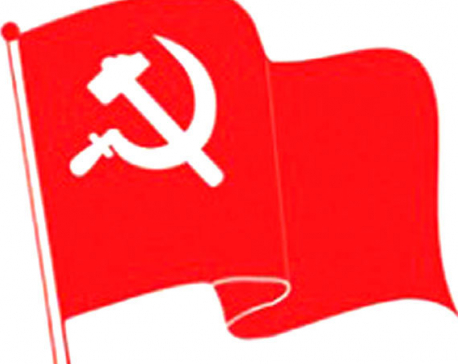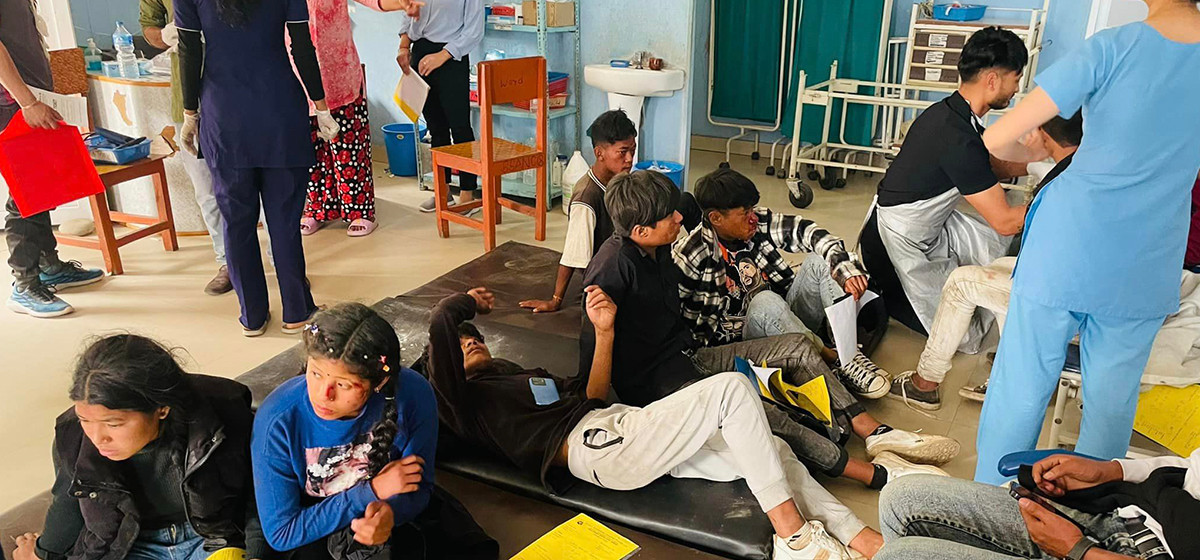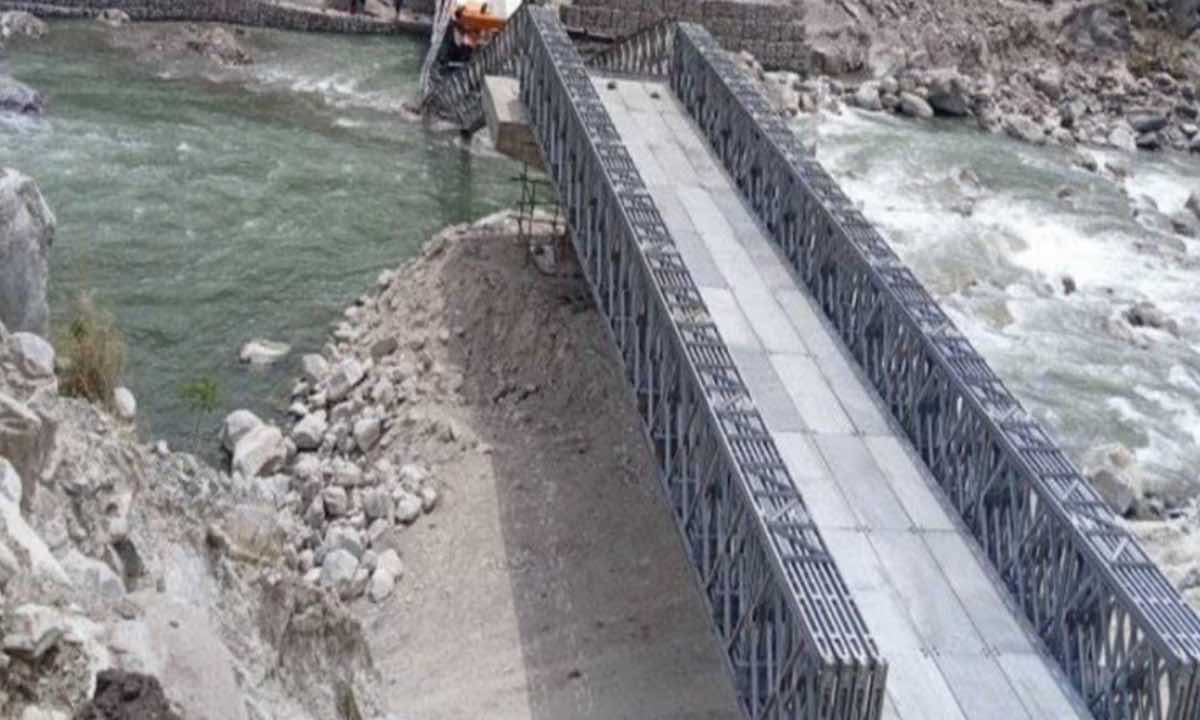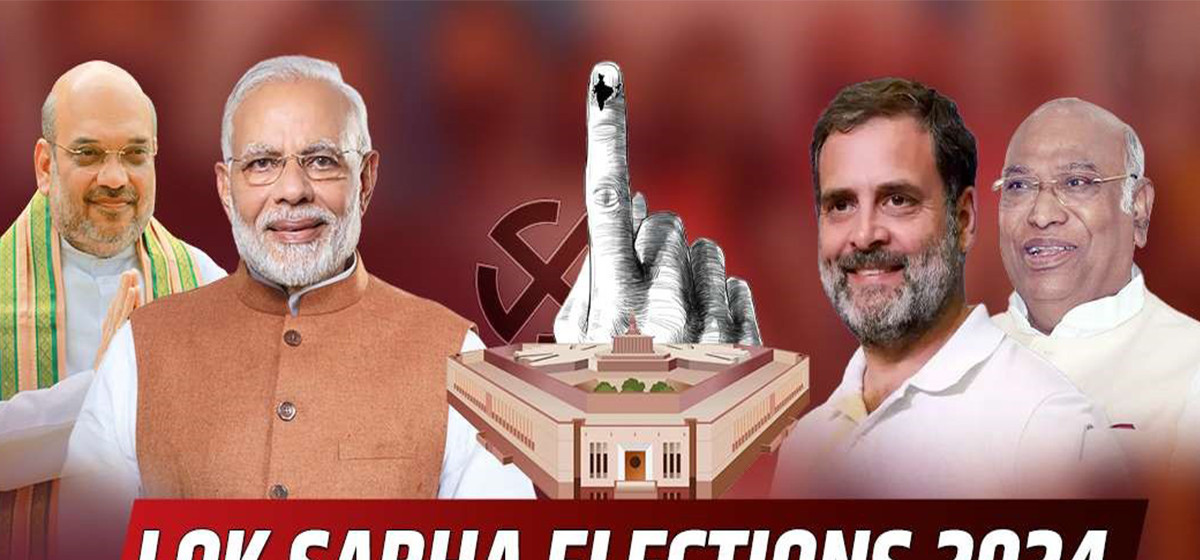
OR
UML says the decision will be objectionable
Published On: February 8, 2018 02:48 AM NPT By: Republica | @RepublicaNepal
KATHMANDU, Feb 7: The government is preparing to nominate three members of the upper house to give full shape to the 59-member National Assembly following the election of its 56 members on Wednesday.
According to the Article 86 of the constitution, each of the seven provinces will elect eight members each to the upper house while three members will be appointed by the president upon the recommendation of the government.
“Three members consisting of at least one woman will be appointed by the president on recommendation of the government,” reads the constitutional provision.
The outgoing government led by Prime Minister Sher Bahadur Deuba has been preparing to recommend three members by Friday, said government spokesperson Mohan Bahadur Basnet.
“The government is likely to finalize the three individuals on Thursday and planning to recommend them to the president for appointment by Friday,” Basnet told Republica.
However, the left alliance of CPN-UML and CPN (Maoist Center) has expressed objection over the preparation of the government to nominate three National Assembly members.
“After losing people's mandate, the present government has no moral right to recommend the upper house members. If the government does so, it will not just be objectionable but will also expose the height of shamelessness of the Sher Bahadur Deuba-led government,” said UML secretary Pradeep Gyawali.
UML has been expressing objection about the recent decision of the outgoing government including reducing the age bar to become eligible to receive elderly allowance, scrapping agreement with Chinese firm to develop Budhigandaki Hydropower Project, transfer and promotion of civil servants and other controversial decisions.
“The appointment of National Assembly members is not the only case in which the outgoing government has made objectionable decision, which will have long-term effect,” said Gyawali.
The transfer of the government leadership is expected to take place in the third week of February, about two and half months after the completion of the House of Representatives election. The left alliance of CPN-UML and CPN (Maoist Center) has been eagerly waiting to form the new government after securing majority in the lower house. However, the transfer of government leadership took months due to legal hurdles and delay in holding the National Assembly election to pave way for allocating seats to political parties under the proportional representation category.
The delay in government leadership handover is not a new case in Nepal's political history. It took more than four months for the Maoists to form government even after being close to securing majority in 2008 due to a row over constitutional provision. Similarly, it took ten months for the formation of a new government after UML leader Madhav Nepal resigned from the post of prime minister in June 2010 as none of the prospective candidates could garner majority in their favor for months.
UML Chairman K P Oli held on to power by exercising a constitutional provision to remove constitutional hurdles, preventing the formation of new government as he argued that the new constitution promulgated in 2015 had no provision of government change. He finally yielded power after the opposition decided to file a no confidence motion. The parliament elected Sher Bahadur Deuba as the third prime minister during the transitional period without removing constitutional difficulties.
The government leadership handover has always remained a contentious issue in the country after the promulgation of the new constitution.
You May Like This

UML affiliated organizations protest against EC's decision
KATHMANDU, June 3: CPN-UML aligned student and youth unions on Saturday staged demonstrations at Maitighar Mandala in the Capital to protest... Read More...

UML rejects EC’s decision of re-polling in Bharatpur-19
KATHMANDU, June 3: The main opposition party CPN-UML has rejected the Election Commission’s decision to hold re-election in disputed Bharatpur-19. Read More...

UML objects decision on vote counting and budget announcement
KATHMANDU, April 26: The main opposition CPN (UML) has objected to the Election Commission decision to conduct the vote counting... Read More...
Just In
- Gold items weighing over 1 kg found in Air India aircraft at TIA
- ACC Premier Cup semi-final: Nepal vs UAE
- Sindhupalchowk bus accident update: The dead identified, injured undergoing treatment
- Construction of bailey bridge over Bheri river along Bheri corridor reaches final stage
- Taylor Swift releases ‘The Tortured Poets Department’
- India starts voting in the world’s largest election as Modi seeks a third term as prime minister
- EC seeks cooperation for free and fair by-election
- Bus carrying wedding procession attendees meets with accident in Sindhupalchowk; three killed



















Leave A Comment